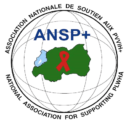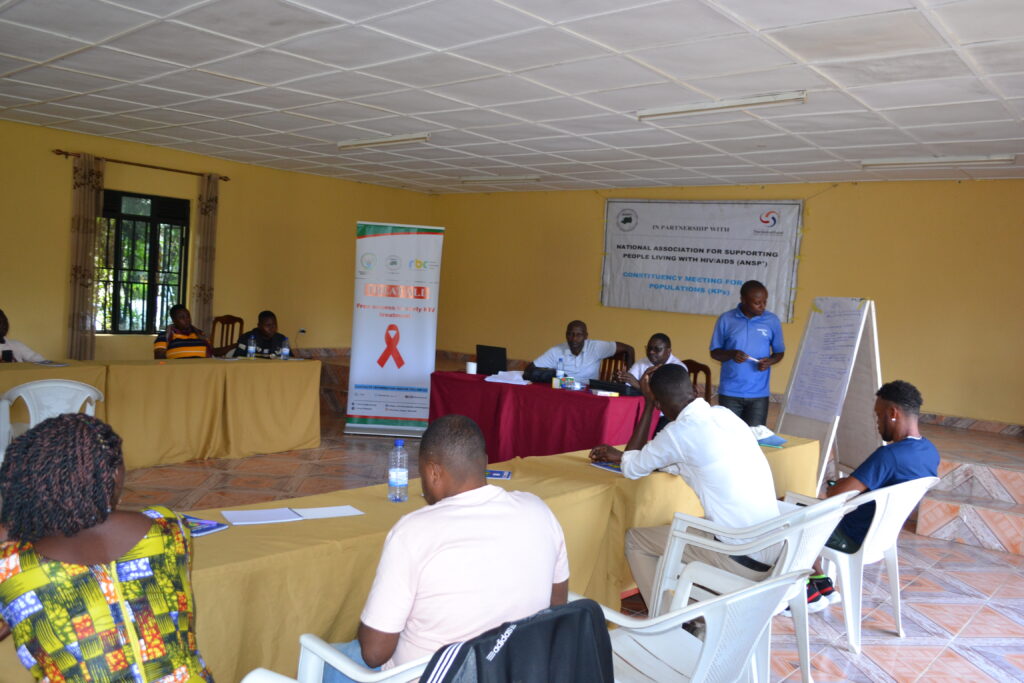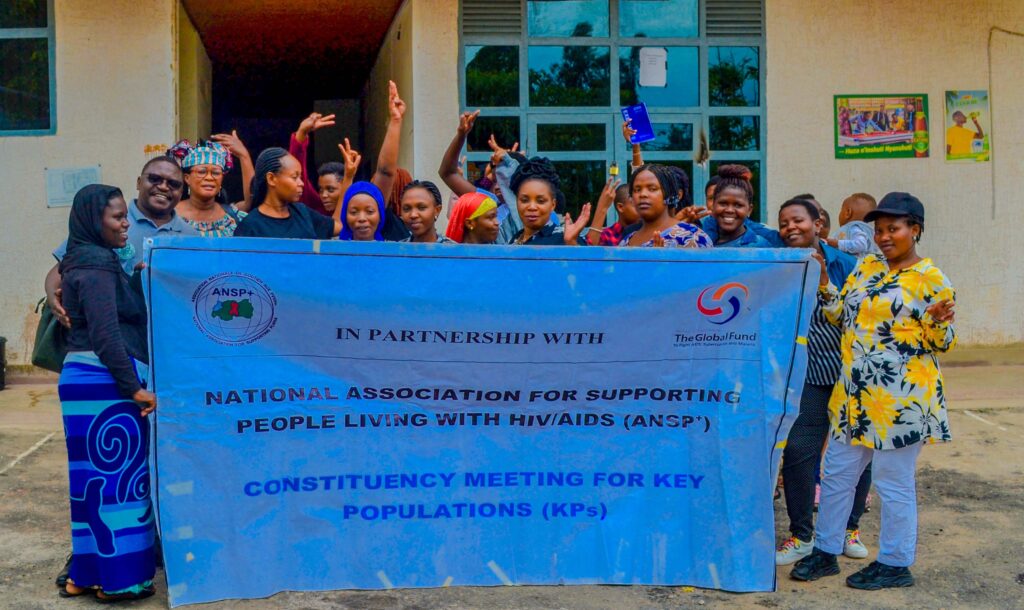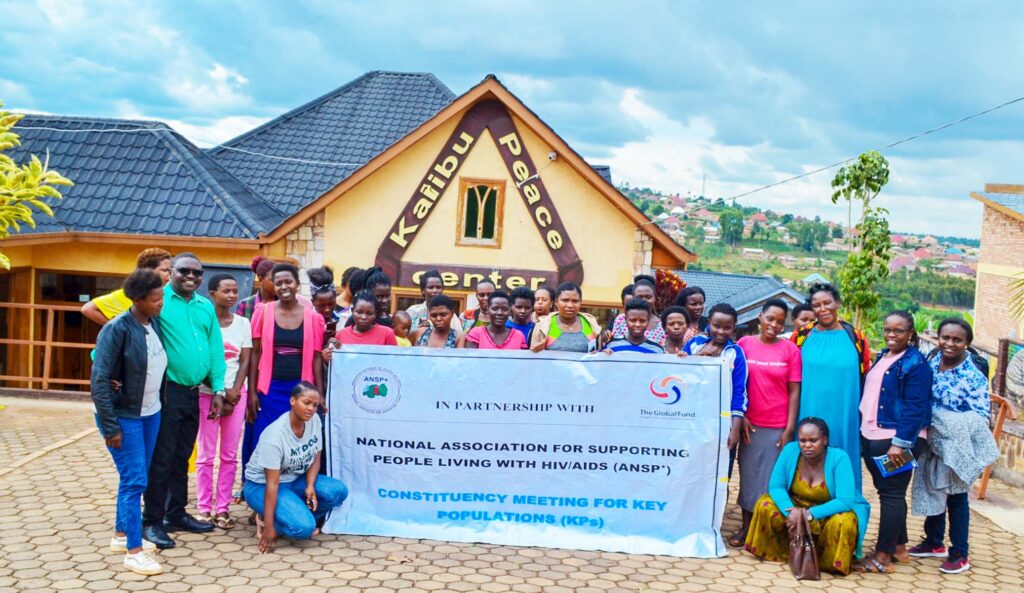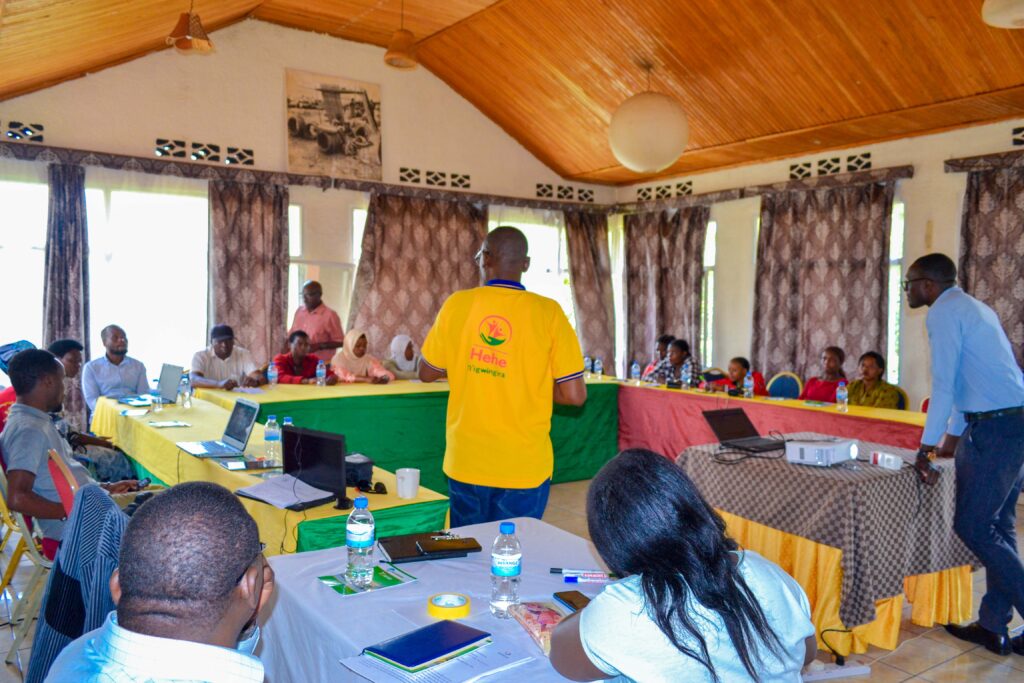Strengthening Community Engagement in Health: ANSP+ Capacity Building in Nyagatare
The National Association for Supporting People Living with HIV/AIDS (ANSP+) recently conducted a four-day capacity-building workshop in Nyagatare District, focusing on empowering key populations (KPs) in community health mobilization. The initiative, supported by the Global Fund, aimed to enhance awareness and engagement in combating high-burden diseases, including HIV, TB, STIs, Hepatitis, and Mental Health issues. The training brought together 18 KPs, healthcare providers, and other stakeholders. Discussions covered disease prevention strategies, emphasizing the importance of Pre-Exposure Prophylaxis (PrEP) and Post-Exposure Prophylaxis (PEP) in HIV prevention. Mental health challenges among KPs were also highlighted, stressing the need for community support and counseling services. In addition to training, ANSP+ visited Rurenge Health Center and Gashenyi Cell to strengthen partnerships with local health services. A significant moment was the donation of a sewing machine to a beneficiary, reinforcing economic empowerment as a tool for reducing vulnerability. Participants expressed gratitude for the initiative and called for more training, financial support for income-generating activities, and increased awareness campaigns to reduce stigma and discrimination. The workshop concluded with a commitment to continued collaboration between ANSP+ and local stakeholders to improve healthcare access and economic opportunities for KPs in Nyagatare. By equipping vulnerable communities with knowledge and resources, ANSP+ continues to play a crucial role in strengthening public health responses and fostering inclusive socio-economic development.
